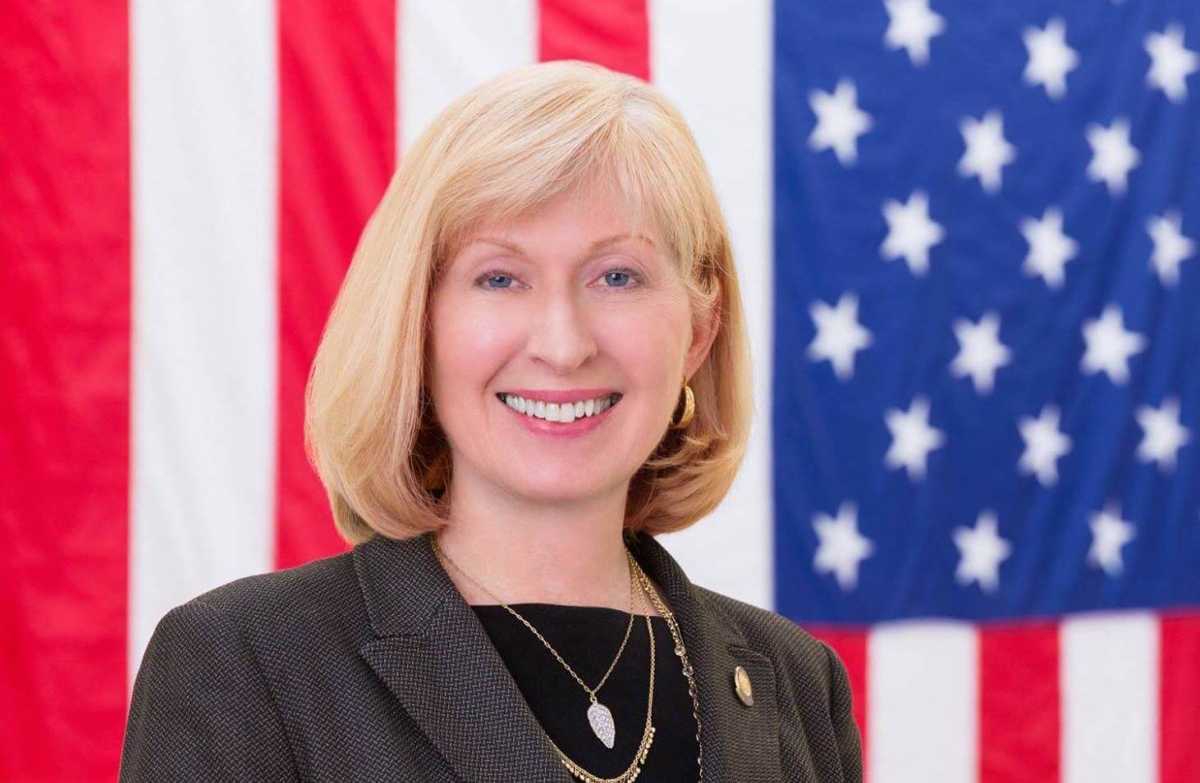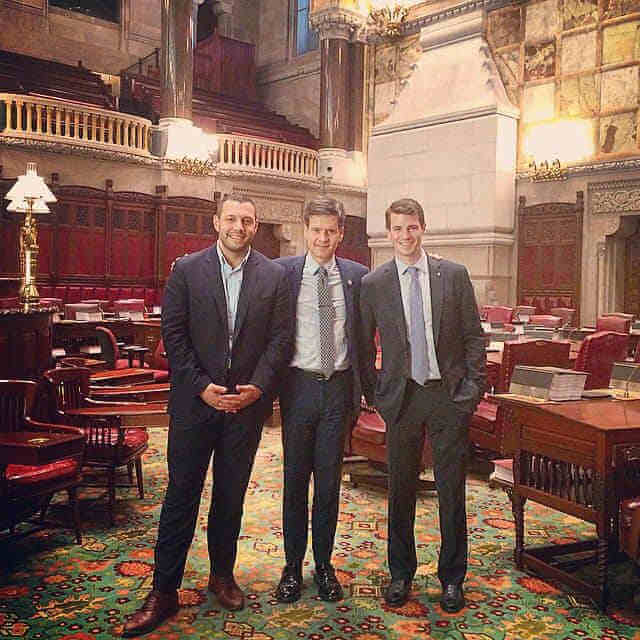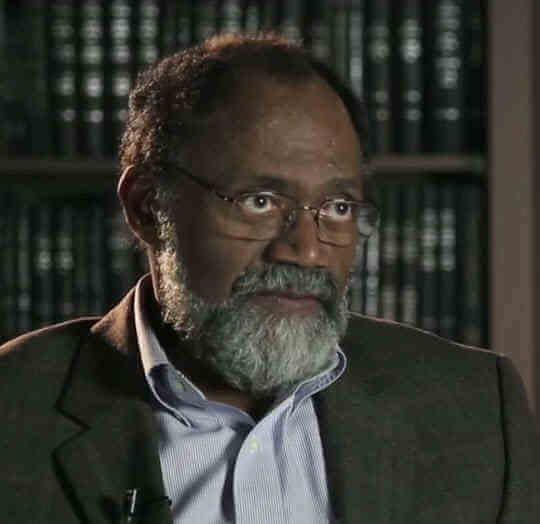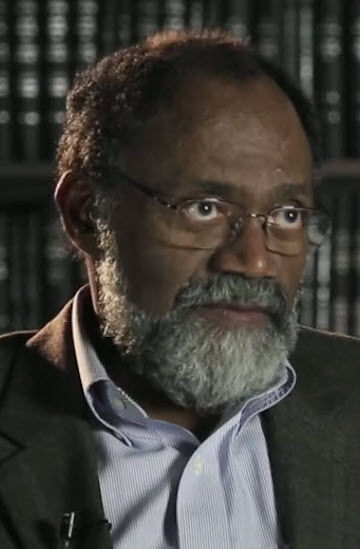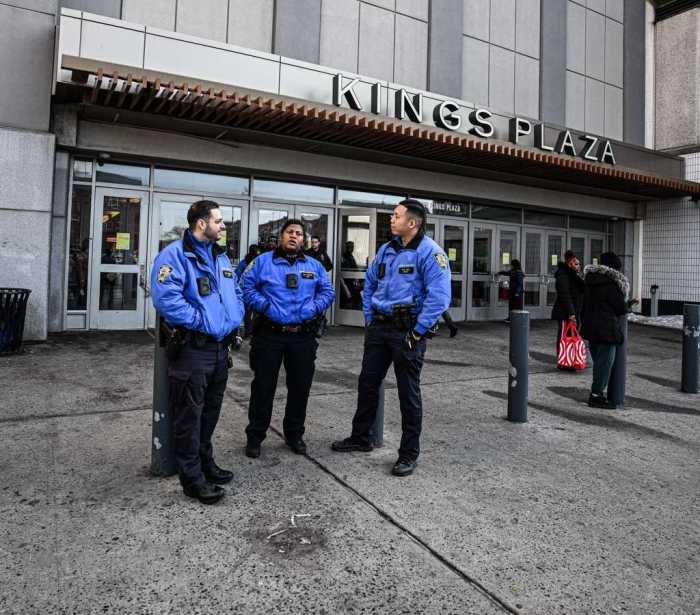While Americans were responding to an unprecedented national health emergency due to the coronavirus, Idaho’s State Senate on March 16 quietly approved alarming legislation effectively banning transgender girls from participating in sports while imposing radical physical testing requirements, marking the first time a legislature in the US has pushed such a bill through both houses.
The legislation, a version of which already overwhelmingly cleared the Idaho House of Representatives with a 52-17 margin, will soon head to Governor Brad Little’s desk. It passed the upper house with 24 votes in favor and 11 against. Republican State Representative Barbara Ehardt sponsored the bill in the House, while Senator Mary Souza led the charge in the upper house. They labeled the bill the Fairness in Women’s Sports Act, framing the issue as a question of equity.
The bill shockingly would allow individuals to dispute the gender of a student-athlete and subject those youths to invasive testing intended to confirm their gender based on their “internal and external reproductive anatomy,” their “normal endogenously produced levels of testosterone,” or “an analysis of the student’s genetic makeup.” An original version of the bill required that all three of those testing methods be carried out if a student’s gender is disputed, but the bill was amended in the Senate to require only one of those methods.
Kathy Griesmyer, ACLU of Idaho’s policy director, told Gay City News from the Idaho state capital in Boise on March 17 that the discretion to dispute a student-athlete’s sex poses numerous problems, including the looming threat of the kind of racism that has been experienced by Olympic track star Caster Semenya throughout her career simply because of discriminatory assumptions about her physical appearance. Furthermore, Griesmyer noted that there are questions about how the testing would be enforced or carried out.
“It’s unclear in the bill’s language what the limitations are,” she said. “There is a lot of ambiguity around how those tests would be required.”
Griesmyer said the bill faces some hurdles despite clearing both houses. For one, Idaho’s Republican Attorney General Lawrence Wasden issued a bold report questioning its constitutionality. Furthermore, Governor Little, also a Republican, said on the record last month that he is “not a big discrimination guy” and the state’s business community has voiced concerns that the legislation is not worth jeopardizing economic stability in Idaho, according to Griesmyer.
The legislation is the latest in a wave of transphobic proposals popping up in states across the nation, from coast to coast, backed by aggressive lobbying efforts from conservative groups that have sought to convince Republican elected officials to push such laws . In South Dakota, where multiple bills targeting trans youth have faltered as of late, state lawmakers were consulting with organizations including the Kelsey Coalition, which rejects transgender rights and purports to “promote policies and laws to protect young people who identify as transgender or nonbinary from medical and psychological harms.”
According to Griesmyer, the lobbying effort behind the Idaho bill has been spearheaded by the Alliance Defending Freedom, which has been fighting LGBTQ rights in courts and state houses for years, the Catholic Church, and the Madison Liberty Institute, which bills itself as an “independent research and educational organization whose mission is to promote the founding principles of the American republic, free-market solutions, and ‘secure the blessings of liberty to ourselves and posterity.’”
Some procedural votes remain before the bill reaches the governor’s desk. Once it arrives, Griesmyer said she is hearing that Little plans to take up to two days to review the legislation.
The legislative effort is drawing swift condemnation from advocacy groups. Human Rights Campaign president Alphonso David described the bill as “retrogressive, invasive, and patently anti-transgender” and issued warnings regarding the nationwide effort to discriminate against trans youth “through any legislative vehicle possible.”
“If HB 500 becomes law, it will send a strong message to trans youth that they are less than their peers and not deserving of community and acceptance,” David said in a written statement. “We implore Governor Little and other legislative leaders to stand up and reject this discriminatory measure.”

